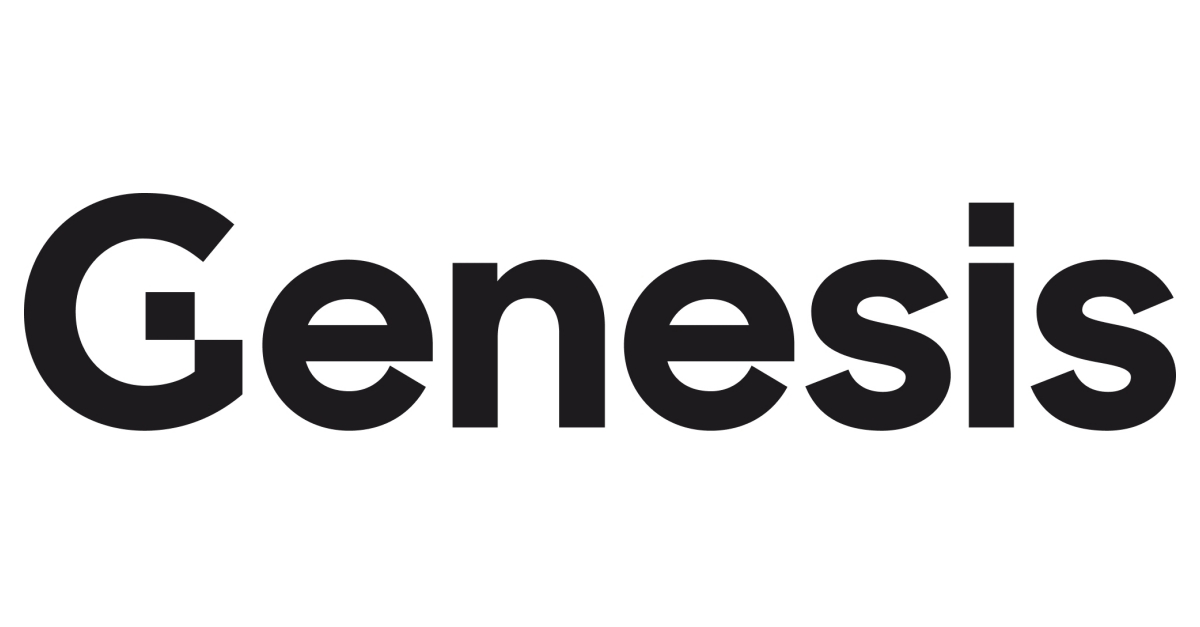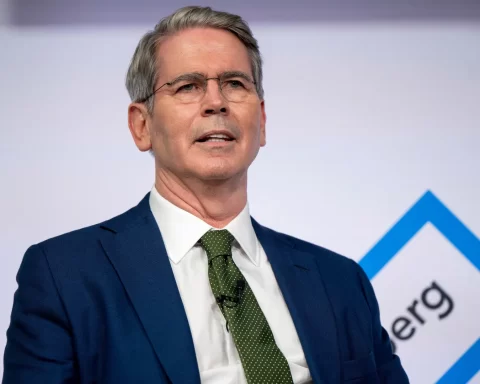On 8th February, the New York State Office of the Attorney General (NYAG) resolved its case involving the Gemini Earn programme by reaching an agreement with Genesis Global Holdco.
Yet, the following day, the NYAG submitted an expanded complaint in the same case, identifying Genesis Global Holdco and all its codefendants.
The Genesis holding company petitioned the New York Southern District Bankruptcy Court on 8th February to ratify a settlement pact between itself and the NYAG. According to the filing, the settlement was the result of extensive negotiations.
Under the Genesis settlement, the NYAG would be reimbursed for its claims on equal terms with the United States Securities and Exchange Commission (SEC), but only after creditors were paid.
Genesis previously reached a $21 million settlement with the SEC on 31st January. Both settlements will be deliberated on 14th February.
In October, New York Attorney General Letitia James initiated a lawsuit against Genesis Holdco, Genesis Global Capital, Genesis Asia Pacific, their parent company Digital Currency Group (DCG), cryptocurrency exchange Gemini, former Genesis CEO Michael (Soichiro) Moro, and DCG CEO Barry Silbert for fraud linked to the Gemini Earn programme.
The NYAG alleged that the parties had defrauded over 230,000 investors, including 29,000 New Yorkers, of more than $1 billion.
On 9th February, James revealed that the NYAG was broadening its allegations against DCG, Silbert, and Moro, having identified additional investors who suffered losses:
“In total, OAG [Office of the Attorney General] found that these companies defrauded more than 230,000 investors out of more than $3 billion.”
Despite the settlement reached the previous day, Genesis Holdco (as one of the “Genesis/DCG Defendants”) was implicated in five of the ten causes of action in the new complaint. According to the revised complaint:
“Gemini solicited money from the public with false assurances that Earn was a highly liquid investment and that Genesis Capital was creditworthy based on Gemini’s ongoing risk monitoring. In reality, however, Gemini’s confidential risk reports found that Genesis Capital posed a high risk of default.”
Allegations that the Genesis loan book was overcollateralised were unfounded, and a significant portion of Gemini customers’ funds were invested in FTX-affiliated Alameda Research, according to the complaint. Genesis also incurred losses due to the collapse of Three Arrows Capital, the complaint continued.
It seeks a permanent injunction against the defendants from conducting related businesses in New York state and the disgorgement of illegally obtained funds along with the reimbursement of investors.
Gemini and Genesis collaborated on the Gemini Earn programme, introduced in 2021. Genesis halted withdrawals in November 2022 and declared bankruptcy in January 2023, triggering a series of legal actions.
The SEC filed a complaint against Gemini and Genesis in January 2023. Gemini sued Genesis in July and again in October.
In January, Genesis settled with the New York Department of Financial Services over Anti-Money Laundering shortcomings and inadequate cybersecurity. As part of the agreement, it forfeited its New York BitLicense.
READ MORE: Dencun Upgrade Clears Final Testing Hurdle, Sets Stage for Ethereum Mainnet Deployment
Cryptocurrency exchange Coinbase, based in the United States, anticipated that crypto-oriented voters in California would have a significant impact on the 2024 elections based on their ownership and views on digital asset-related policies.
In a blog post on 9th February, Coinbase referenced data from business intelligence firm Morning Consult, indicating that 27% of Californians — approximately 8.2 million individuals — owned cryptocurrency.
The majority of crypto owners in the state — 78% — believed that policymakers should favour “new, innovative, and disruptive technologies,” and many indicated they would vote accordingly.
“California crypto owners overwhelmingly report that they would be much more likely to support candidates that hold pro-crypto and blockchain positions,” said Coinbase.
“Almost 4 in 5 CA crypto owners say they would be more likely to support a candidate who supports the U.S. crypto industry as a job creator and source of U.S. geopolitical strength.”
According to Coinbase, a slightly larger majority — 51% — of U.S. voters nationally among Generation Z and millennials expressed willingness to support candidates favourable to crypto in the 2024 elections.
U.S. President Joe Biden and former President Donald Trump, the likely candidates for both major political parties for president, have already appeared on primary ballots in South Carolina and New Hampshire.
Coinbase’s findings mirrored a survey released in January by the Crypto Council for Innovation, which suggested that most U.S. voters prefer lawmakers who seek “to write clear rules for cryptocurrency,” indicating that crypto users could be a “key swing voting bloc” in 2024.
“Congress and other policymakers should take note that crypto voters are engaged in their states and they want rules, not an unpredictable regulation-by-enforcement approach.”
Digital assets have become a campaign issue for Republican Party presidential candidates in the United States.
Before withdrawing from the race, Florida Governor Ron DeSantis opposed central bank digital currencies in the country. Trump has since adopted the issue, pledging to never allow a digital dollar if re-elected.
Discover the Crypto Intelligence Blockchain Council




